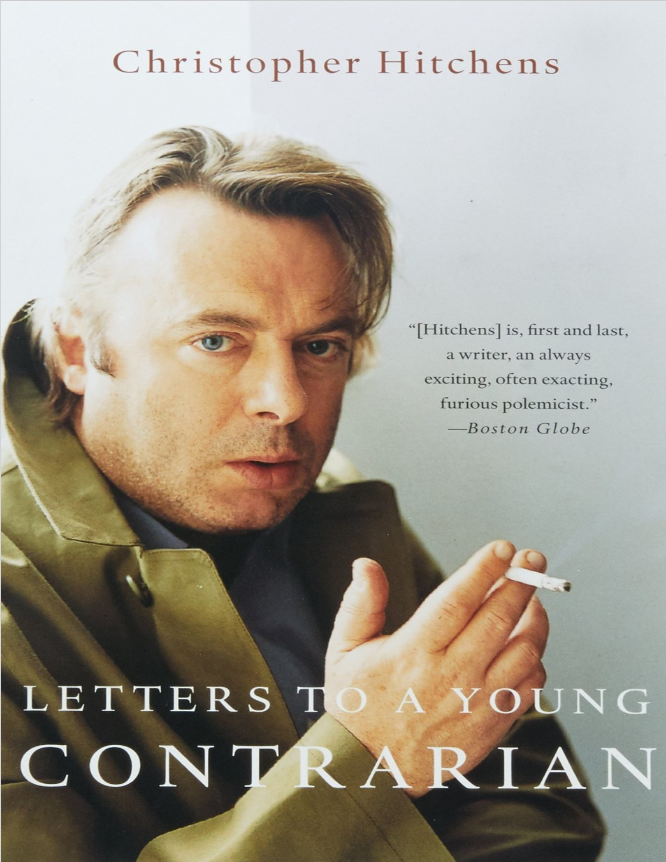Newly released
This book is new and will be uploaded as soon as it becomes available to us and if we secure the necessary publishing rights.

Letters to a Young Contrarian
(0)
Author:
Christopher HitchensNumber Of Reads:
269
Language:
English
Category:
fieldsSection:
Pages:
124
Quality:
excellent
Views:
2396
Quate
Review
Save
Share
Book Description
The Art of Mentoring series In the book he was born to write, provocative and bestselling author Christopher Hitchens inspires future generations of radicals, dissident men, rebels, angry and dissenting youth. Better to talk to that person who finds himself in a dissenting situation than Hitchens, who has made a career of difference in ways that are deep and amusing. This book explores the full range of "dissenting attitudes" - from the noble defector to the unexplained pain in the ass. In an age of highly polite polemics that bend backwards to reach happy consensus within an increasingly centrist political debate, Hitchens presents himself by contrast. He laments the loss of clear dialectical thinking skills in contemporary society. He understands the importance of disagreement - over personal integrity, informed discussion, validation of real progress, and democracy itself. This book is everything you can expect from a directed paradox.
Christopher Hitchens
He is a British-American author, columnist, essayist, orator, literary and religious critic, social critic and journalist. Hitchens was the author, co-author, editor or co-editor of more than 30 books, including five collections of political, cultural, and literary essays. His polemical rhetoric made him a central topic of public discourse, resulting in him as an intellectual and controversial figure. Contributed to New Statesman, The Nation, The Weekly Standard, The Atlantic, London Review of Books, The Times Literary Supplement, Slate, Free Inquiry, and Vanity Fair. Describing himself as a democratic socialist, Marxist and anti-totalitarian, he broke with the political left after describing it as the "lukewarm reaction" of the Western left to the debate over The Satanic Verses, followed by the left's embrace of Bill Clinton and the anti-NATO war movement in Bosnia and Herzegovina in the 1990s.
The last century. His support for the war on Iraq further separated him. His writings included criticism of public figures such as Bill Clinton, Henry Kissinger, Mother Teresa and Diana, Princess of Wales. He was the older brother of conservative journalist and author Peter Hitchens. He also called for the separation of church and state. As a critic of divinity, he regards notions of a deity or a higher power as universalistic beliefs that restrict individual freedom. He advocated freedom of expression and scientific discovery, and that it trumps religion as a moral code of conduct for human civilization. His famous statement, "What can be affirmed without evidence can be denied without evidence" became known as the Hitchens Code.
Book Currently Unavailable
This book is currently unavailable for publication. We obtained it under a Creative Commons license, but the author or publisher has not granted permission to publish it.
Rate Now
5 Stars
4 Stars
3 Stars
2 Stars
1 Stars
Quotes
Top Rated
Latest
Quate
Be the first to leave a quote and earn 10 points
instead of 3
Comments
Be the first to leave a comment and earn 5 points
instead of 3